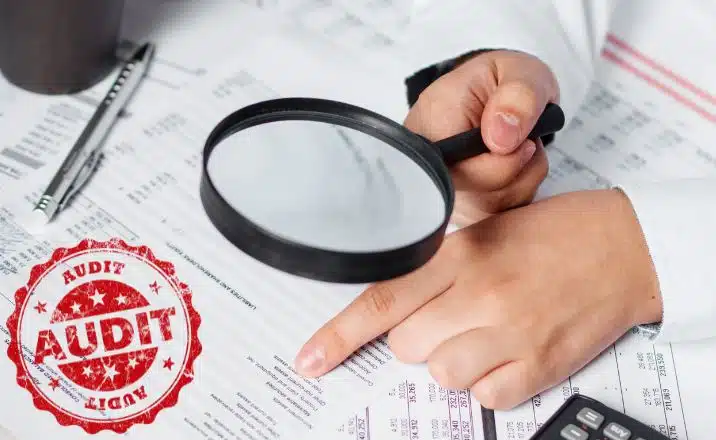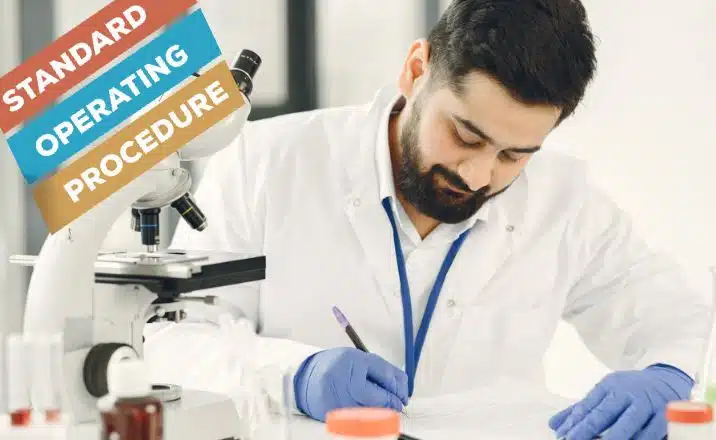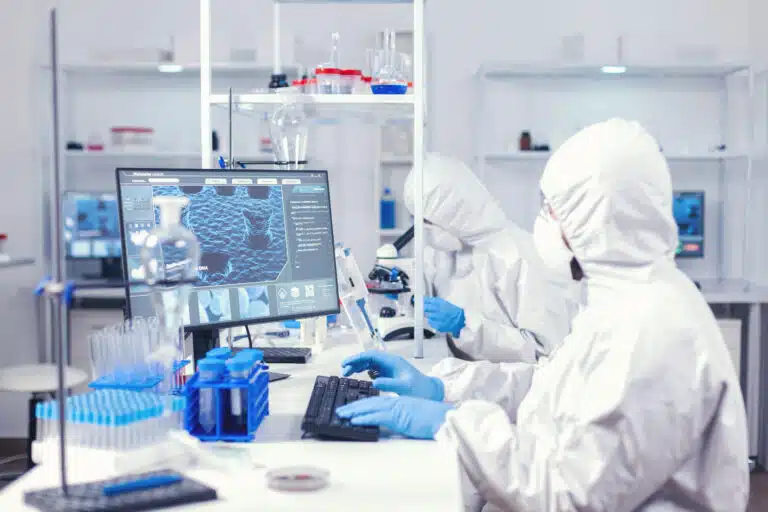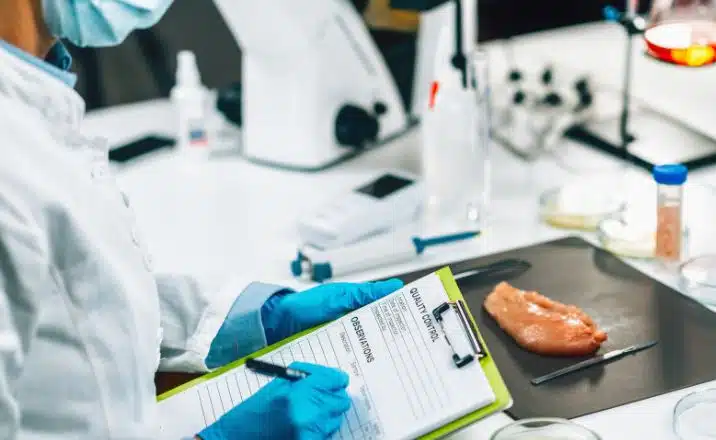Elevating Lab Performance: The Critical Role of Internal Audits in Labs
Internal audits play a vital role in keeping a quality management system effective and compliant with standards such as ISO/IEC 17025:2017. They dig deep into the details of processes and procedures to make sure everything meets high criteria. By finding areas for improvement and ensuring smooth operations, internal audits help organizations stay efficient and reliable. This continual process of reviewing and improving helps the organization maintain quality and succeed in the long run.
What are Internal Audits?
Internal audits involve a process and performance-based approach to verify that a laboratory’s technical activities produce valid results that meet customer requirements and ISO/IEC 17025:2017 standards. These audits assess elements such as:
- Personnel training, competency, and authorizations
- Suitability of facilities and environmental conditions
- Sampling and handling of test items
- Performance capability of test methods and measurement uncertainty
- Metrological traceability of measurement results
- Internal quality control procedures
- Technical records and data integrity
- Test result reporting
There are three main types of internal audits
- Witnessing: Observing an analyst perform a specific test method to assess compliance.
- Vertical Audit: Selecting a single test report and assessing compliance from sample receipt to reporting for that specific test.
- Horizontal Audit: Evaluating compliance across all test methods for specific requirements like personnel, equipment, facilities, etc.
Conducting Effective Internal Audits
Auditors use techniques like checklists, document reviews, interviews, and witnessing activities. Accreditation body checklists are recommended to ensure alignment with their expectations. Allocated time depends on the audit type but typically ranges from half a day for witnessing up to two days for a full horizontal audit of all operational requirements.
The key is for auditors to be technically competent in the specific tests/activities, independent, impartial, observant, perceptive, and focused on evidence-based assessment against ISO/IEC 17025:2017 criteria. A well-planned audit program covering witnessing, vertical, and horizontal audits provides a comprehensive evaluation of a laboratory’s operations.
Benefits of Internal Audits
An effective internal audit program is a win-win for both the laboratory and its personnel:
- Drives improvements and risk mitigation by identifying nonconformities
- Facilitates preventive/corrective actions
- Prepares lab personnel for external accreditation assessments
- Develops auditing skills among technical personnel
- Increases familiarity with ISO/IEC 17025:2017 requirements
- Demonstrates management’s commitment to quality
By including internal audits, laboratories gain independent verification that their quality management system is technically sound, producing reliable data customers can trust. It complements management system audits for a comprehensive assessment of a laboratory’s operations.







It is really appreciated if all establishment do their Internal Audit.It is not for their own benifits but also most beneficial to Human being.
So it is to be initiated.